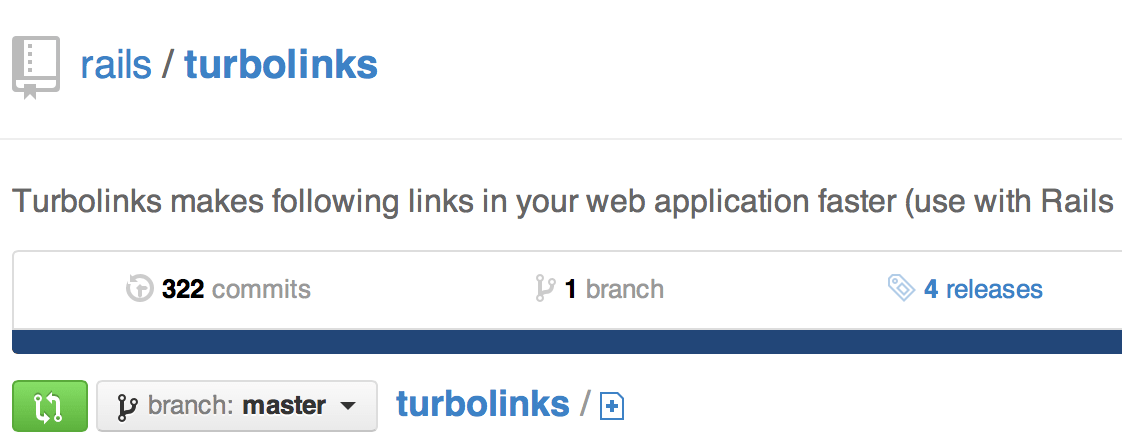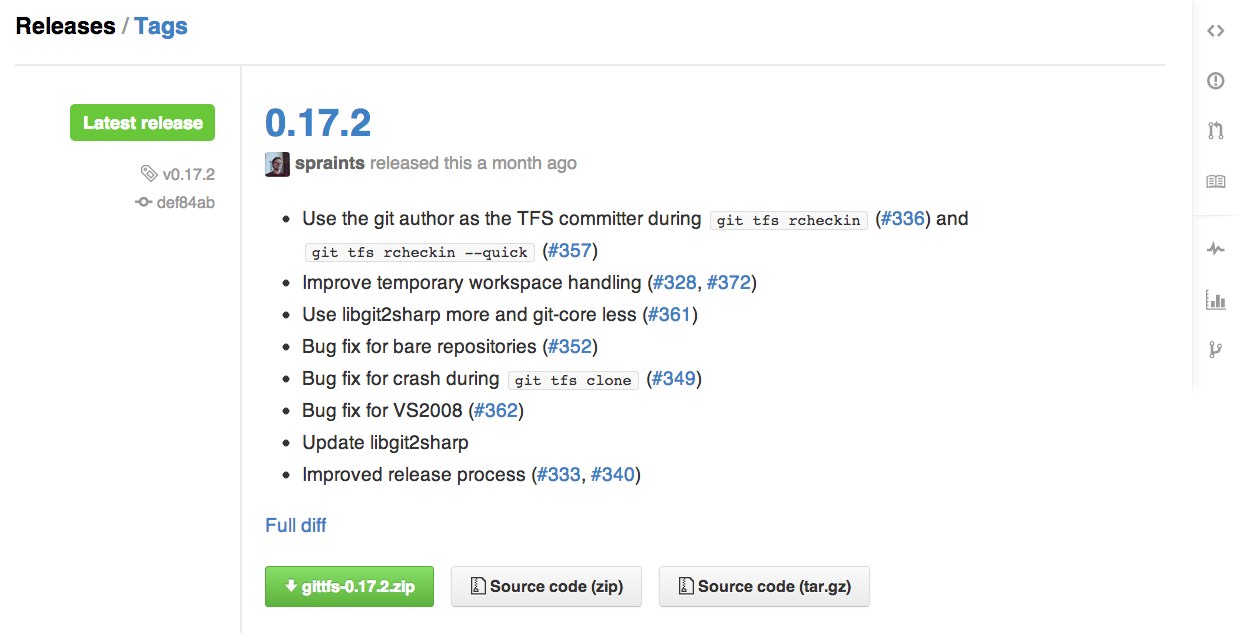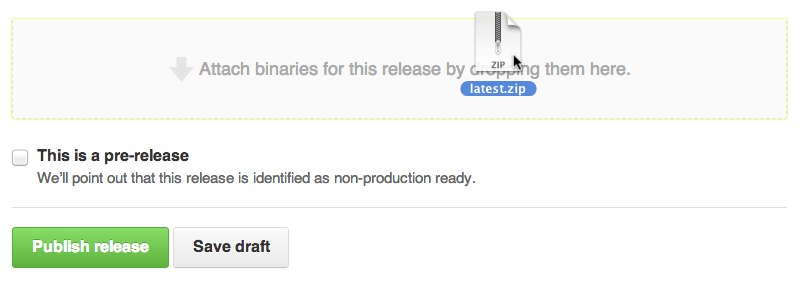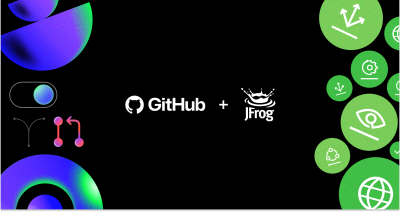Release Your Software
Today, we’re excited to announce Releases, a workflow for shipping software to end users. Releases are first-class objects with changelogs and binary assets that present a full project history beyond…
Today, we’re excited to announce Releases, a workflow for shipping
software to end users. Releases are first-class objects with changelogs
and binary assets that present a full project history beyond Git artifacts.
They’re accessible from a repository’s homepage:

Releases are accompanied by release notes and links to download the software
or source code.

Following the conventions of many Git projects, releases are tied to Git tags.
You can use an existing tag, or let releases create the tag when it’s published.

We recommend projects use Semantic Versioning, but it is
not required.
Creating Releases
As a repository collaborator, you can draft up a changelog in a release’s notes.
Any non-production releases (alphas, betas, release candidates) can be
identified through the pre-release checkbox.

You can also attach binary assets (such as compiled executables,
minified scripts, documentation) to a release. Once published, the
release details and assets are available to anyone that can view the repository.

Happy shipping!
Written by
Related posts

GitHub and JFrog partner to unify code and binaries for DevSecOps
This partnership between GitHub and JFrog enables developers to manage code and binaries more efficiently on two of the most widely used developer platforms in the world.

2024 GitHub Accelerator: Meet the 11 projects shaping open source AI
Announcing the second cohort, delivering value to projects, and driving a new frontier.

Introducing GitHub Copilot Extensions: Unlocking unlimited possibilities with our ecosystem of partners
The world of Copilot is getting bigger, improving the developer experience by keeping developers in the flow longer and allowing them to do more in natural language.